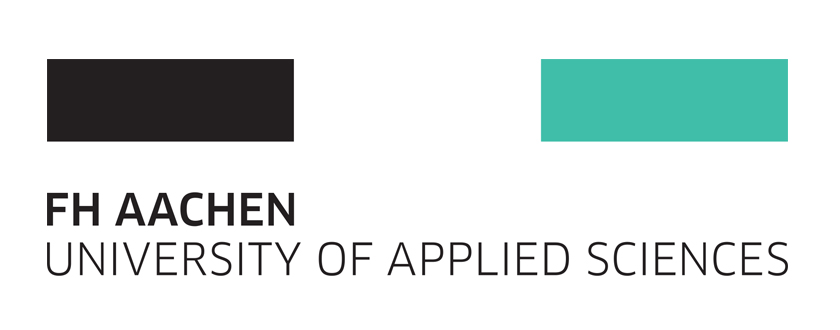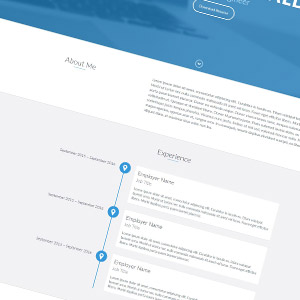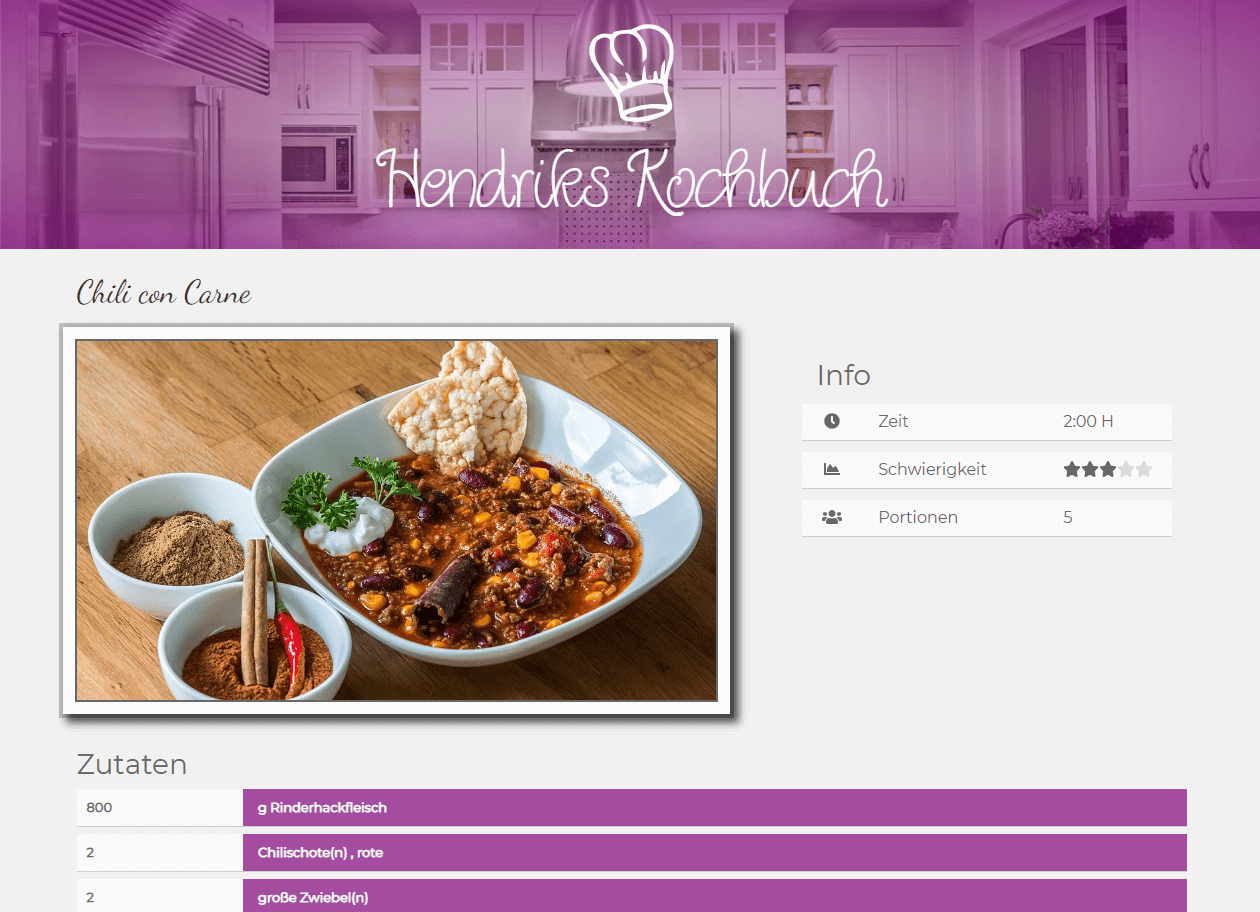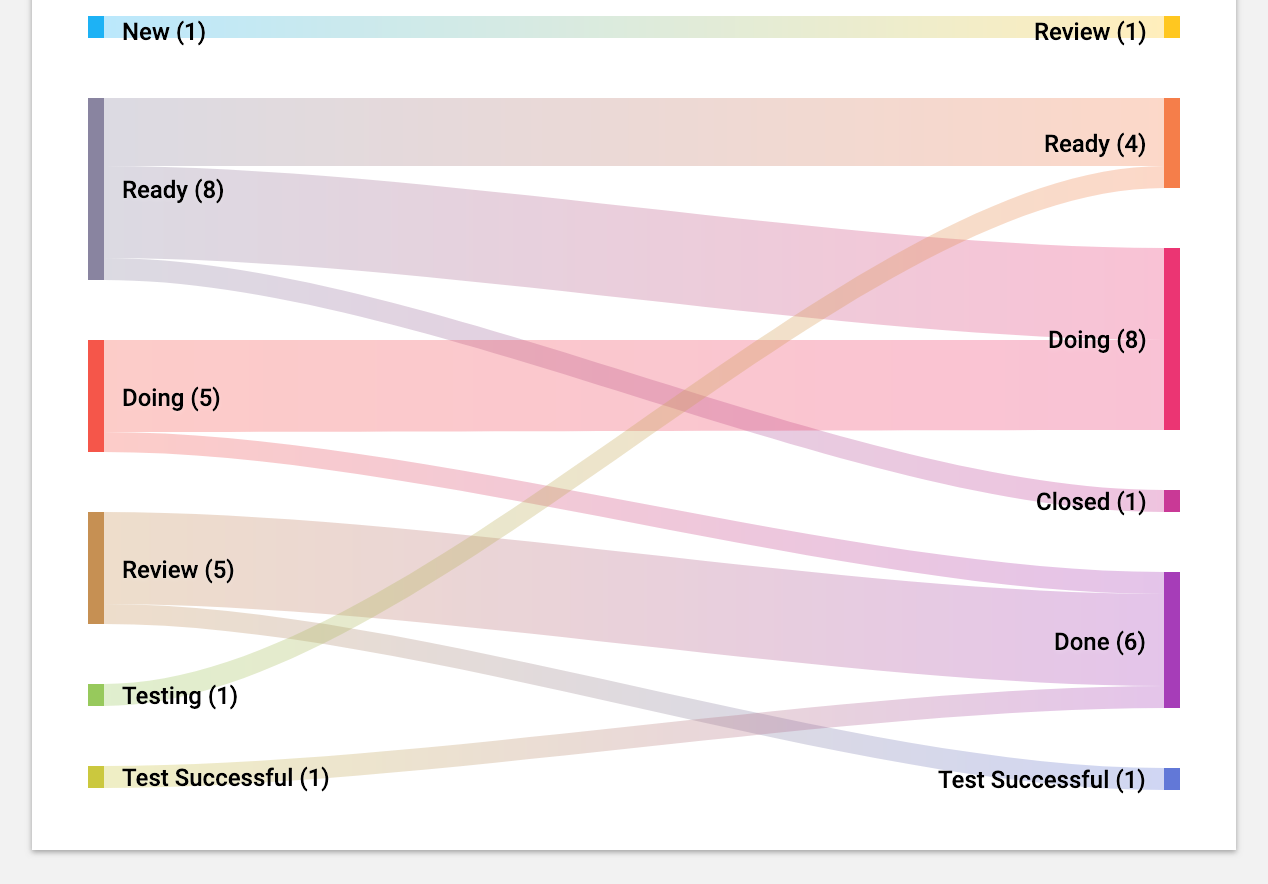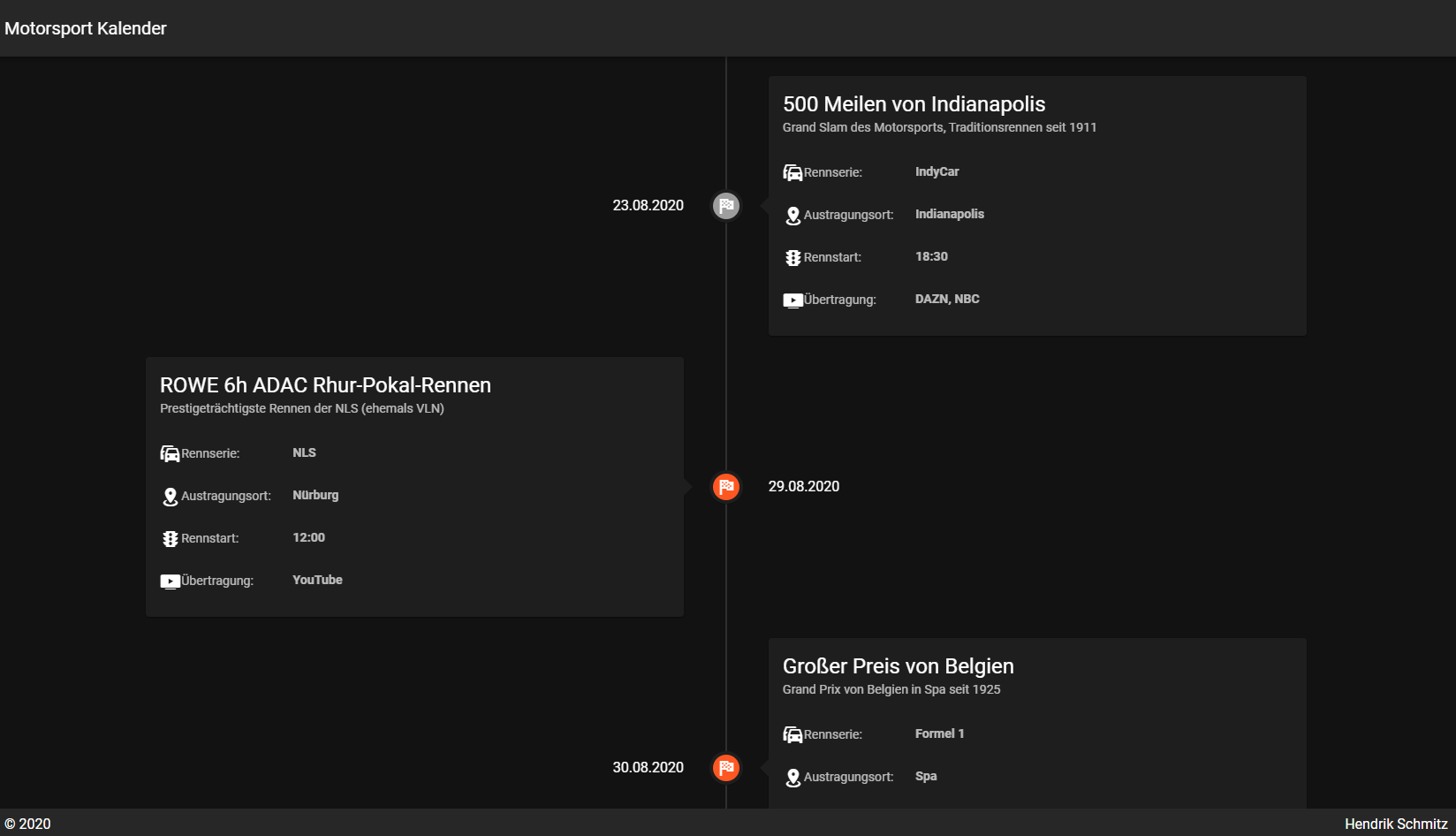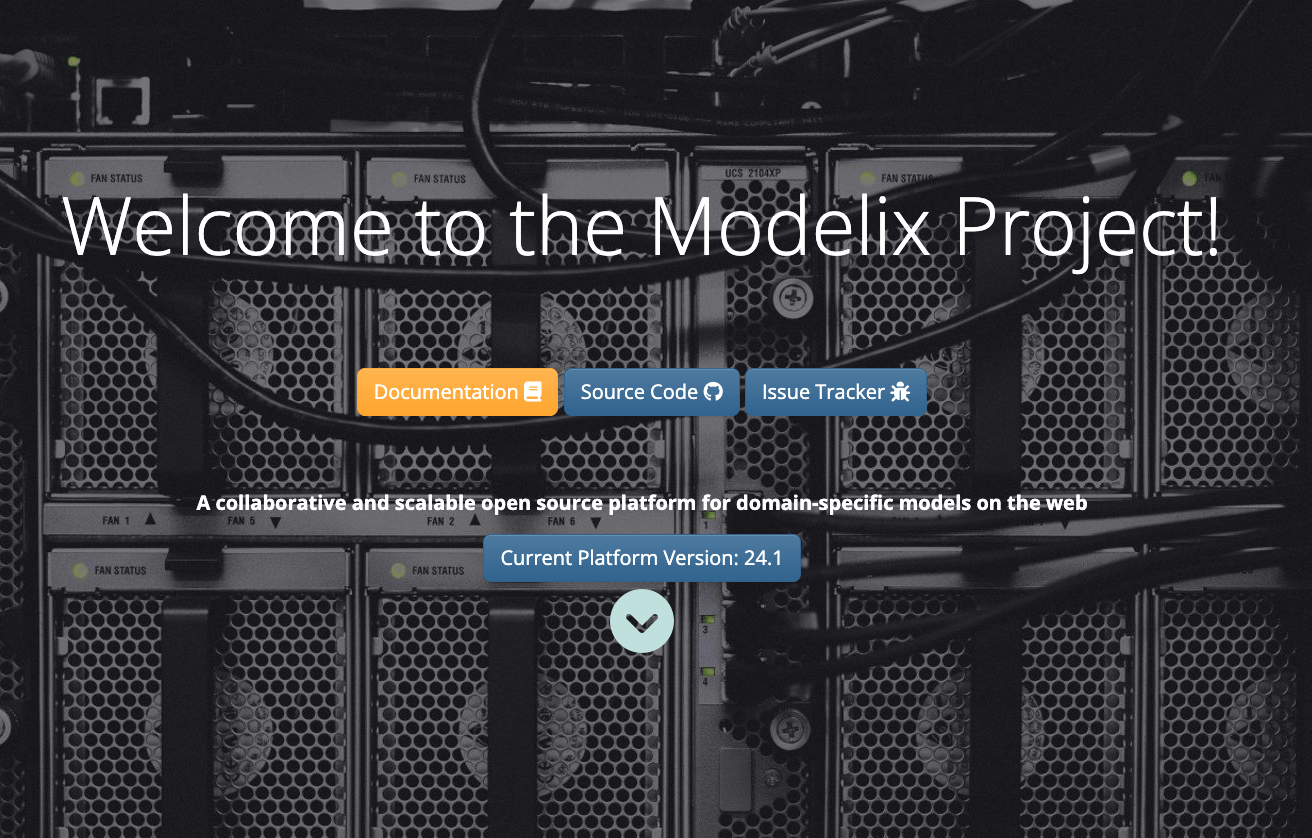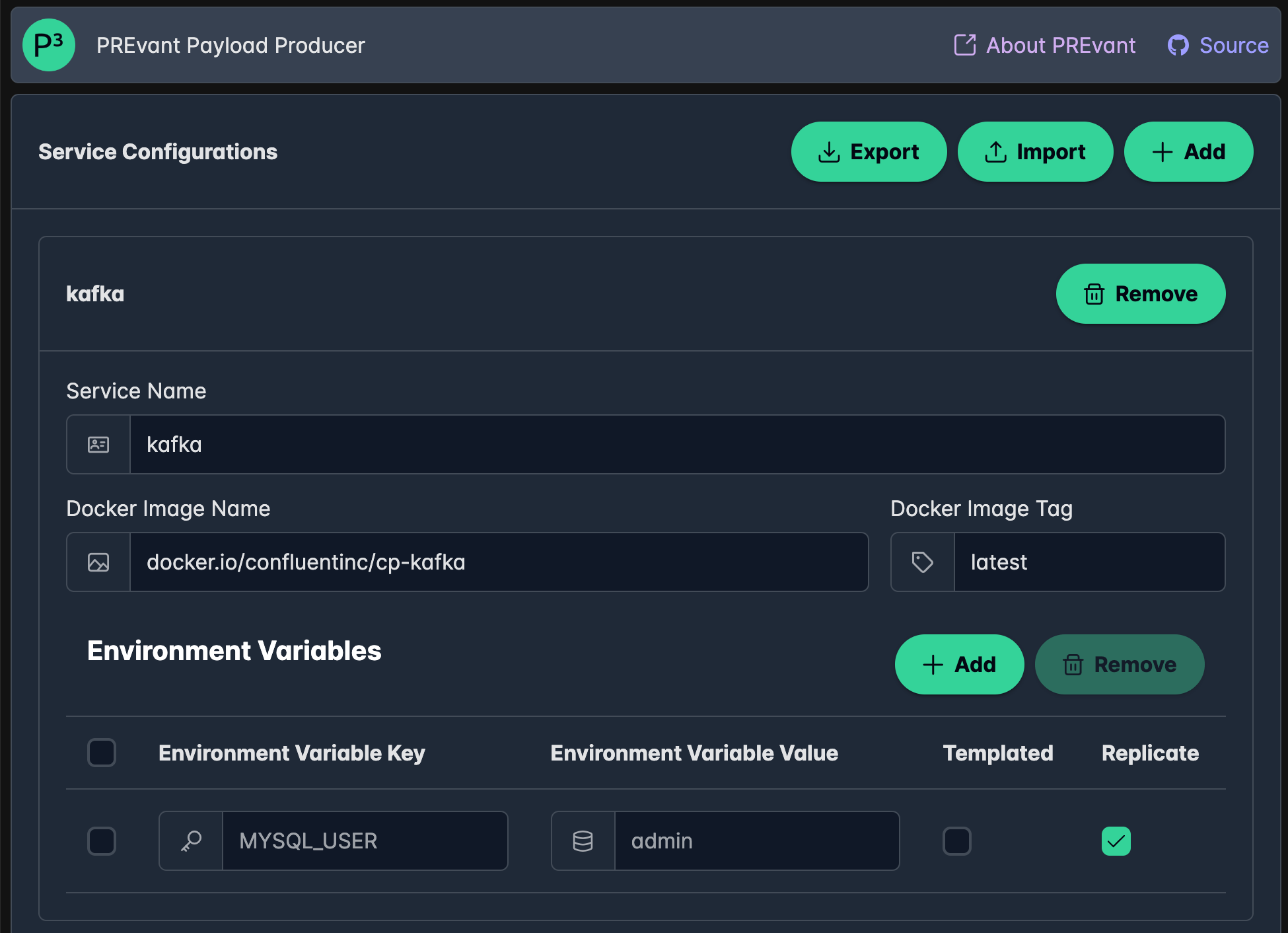About

My name is Hendrik Sieweck, born Schmitz. I am 26 years old and come from Aachen, where I currently live. I completed the dual study program Scientific Programming and thus obtained my Bachelor of Science at the FH Aachen and completed my training as a mathematical technical software developer at the Laboratory for Machine Tools and Production Engineering (WZL) of RWTH Aachen University. Since December 2024, I have been employed by WPS Management GmbH as a Senior Fullstack Engineer, primarily engaged in full-stack development.
In my nine-year professional career, I have gained extensive experience in frontend development, specializing in Vue.js. In addition, I have extensive knowledge of the back-end, having primarily worked with Java and Kotlin before. This experience allows me to collaborate effectively on both front-end and back-end development and ensure seamless integrations.
Thanks to my in-depth expertise and extensive experience, I am able to work effectively with various stakeholders in software development, including product owners, designers, backend developers and DevOps experts.




